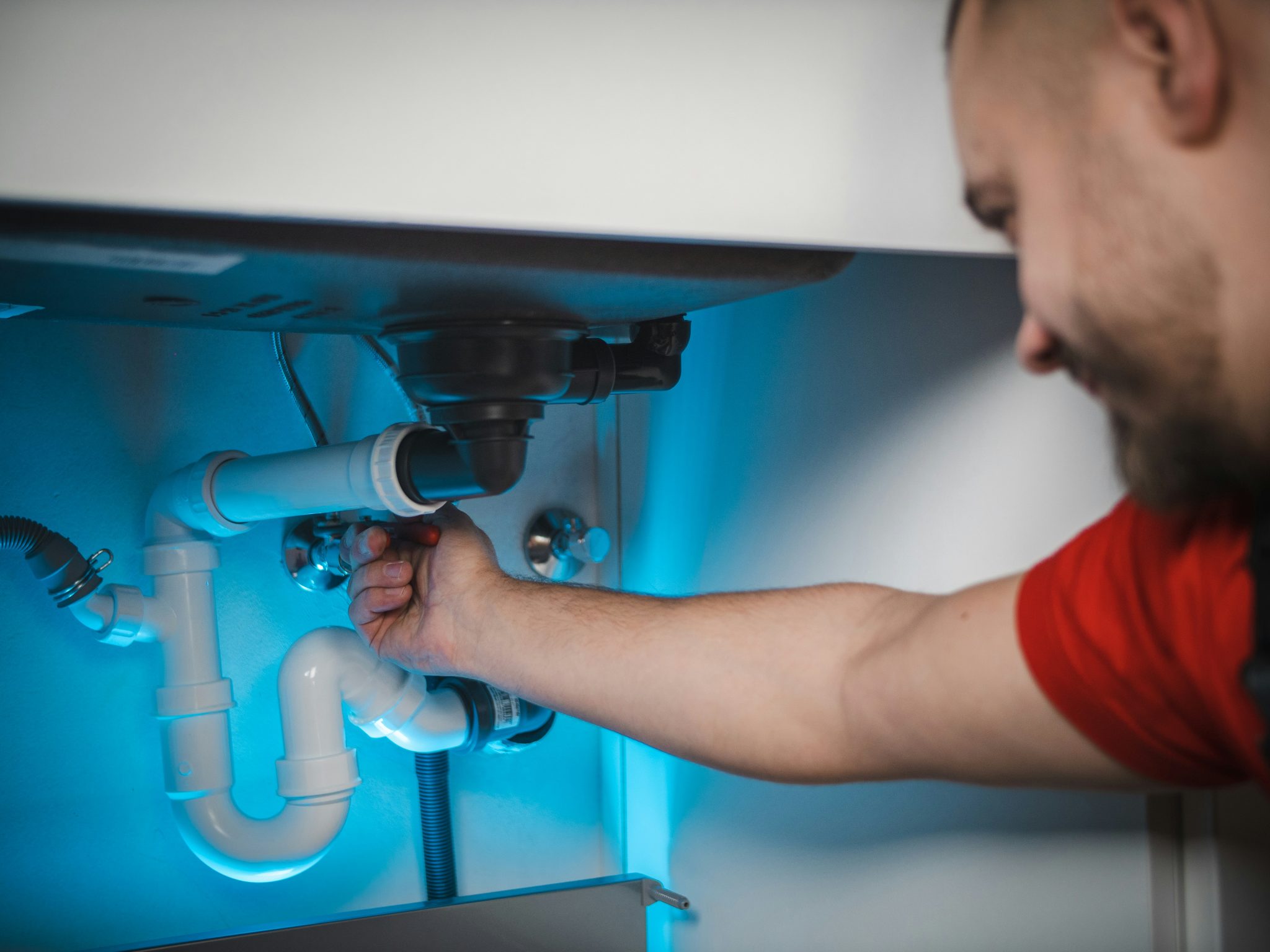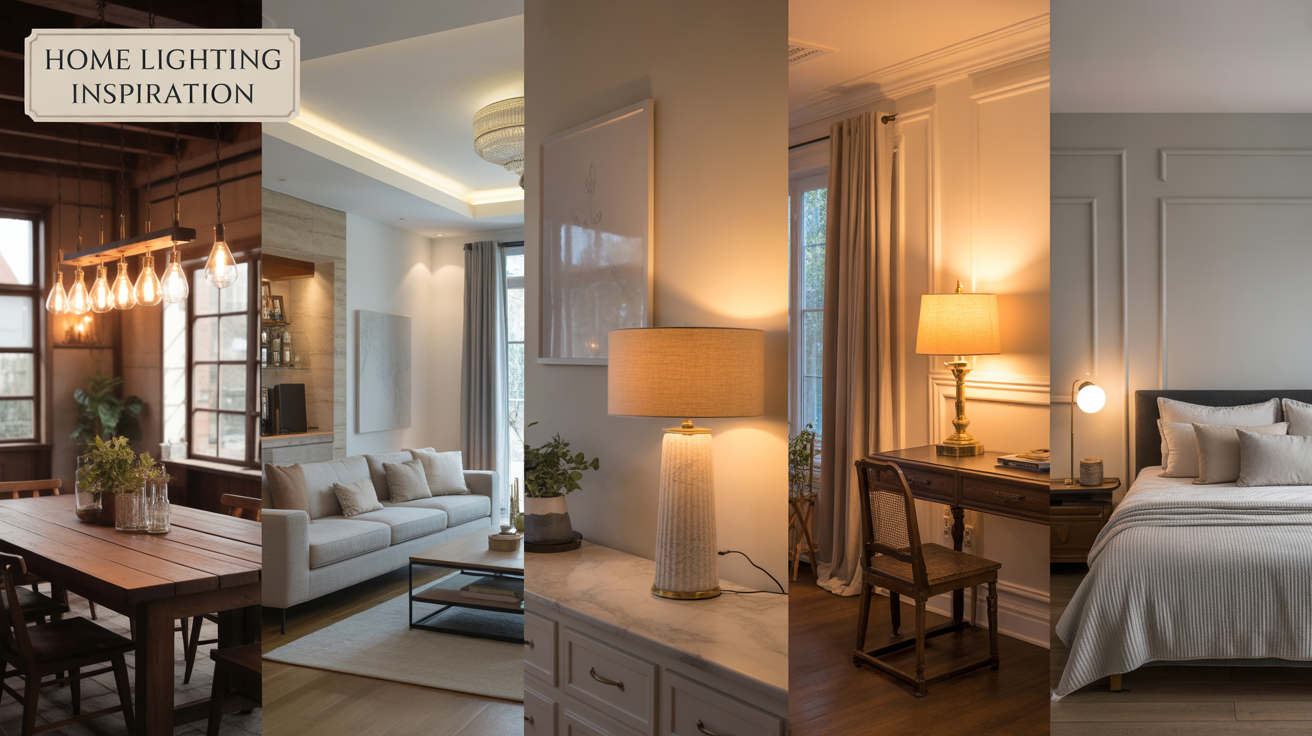Buying Real Estate in the Smoky Mountains? Here’s All You Need to Know
Thinking about buying real estate in the Smoky Mountains? You’re not alone. With their stunning landscapes, year-round recreational opportunities, and growing investment potential, the Smoky Mountains are a popular destination for real estate enthusiasts.
Whether you’re looking for a cozy log cabin retreat, a condo with modern amenities, or a spacious lodge for family vacations, there’s something here for everyone.
In this guide, we’ll walk you through everything you need to know before investing in this iconic region, including market insights, types of properties available, and insider tips.
1. Why Buy Property in the Smoky Mountains?
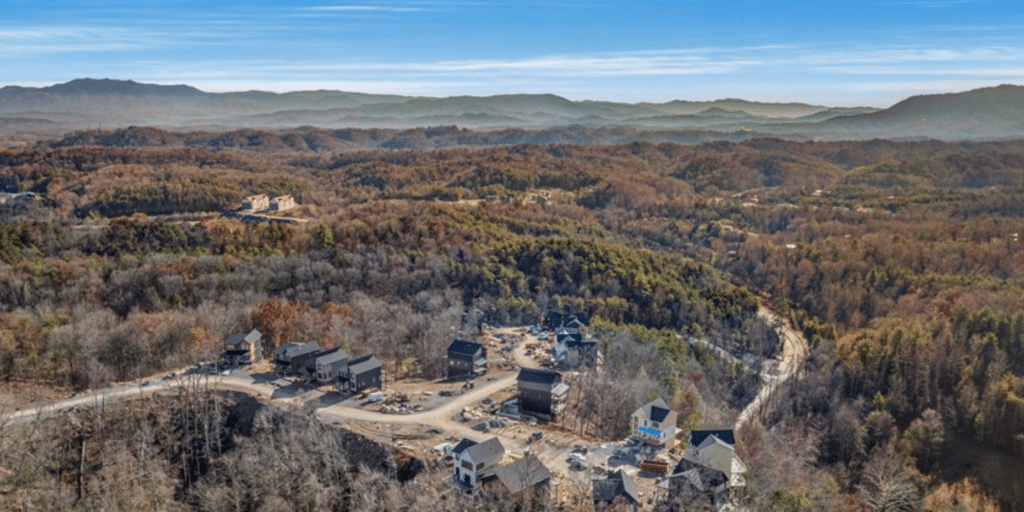
As a result, the demand for vacation rentals and second homes remains strong. Moreover, the region’s affordability compared to other vacation destinations makes it an attractive option for investors and families alike.
2. Understanding the Real Estate Market: Homes for Sale Near Smoky Mountains
Navigating the real estate market in the Smoky Mountains requires careful consideration. Homes for sale near Smoky Mountains come in various shapes and sizes, but the most popular options include log cabins, condos, and lodges.
The region’s market has seen steady growth, with prices rising due to increased demand from vacationers and investors. Still, the overall affordability compared to similar markets makes it a prime opportunity for buyers. Check out reliable listings like those at Local Realty Group to explore a curated selection of properties.
3. Log Cabins: Rustic Charm Meets Modern Comfort
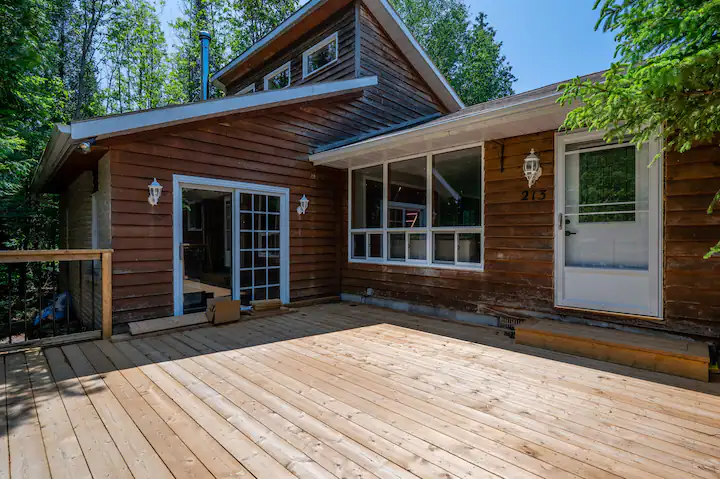 Log cabins remain a quintessential choice for real estate in the Smoky Mountains. These rustic retreats offer a cozy atmosphere and come in a range of styles, from intimate one-bedroom hideaways to sprawling multi-level lodges.
Log cabins remain a quintessential choice for real estate in the Smoky Mountains. These rustic retreats offer a cozy atmosphere and come in a range of styles, from intimate one-bedroom hideaways to sprawling multi-level lodges.
Many cabins blend traditional aesthetics with modern comforts like hot tubs, fireplaces, and game rooms. Buyers often find them appealing as vacation rentals due to their charm and popularity among visitors. Investing in a log cabin provides the perfect opportunity to enjoy a personal retreat while generating rental income.
4. Condos: Convenience and Community Living
Condos in the Smoky Mountains present a low-maintenance alternative to cabins and lodges, perfect for those seeking convenience and community living. They often feature modern amenities such as swimming pools, fitness centers, and proximity to local attractions.
Popular with vacationers who want a turnkey solution, condos can be easier to manage than larger properties, making them ideal for investors new to the rental market. Many condos offer spectacular views of the mountains, providing a scenic backdrop that appeals to renters and buyers alike.
5. Lodges: Spacious Retreats for Families and Groups
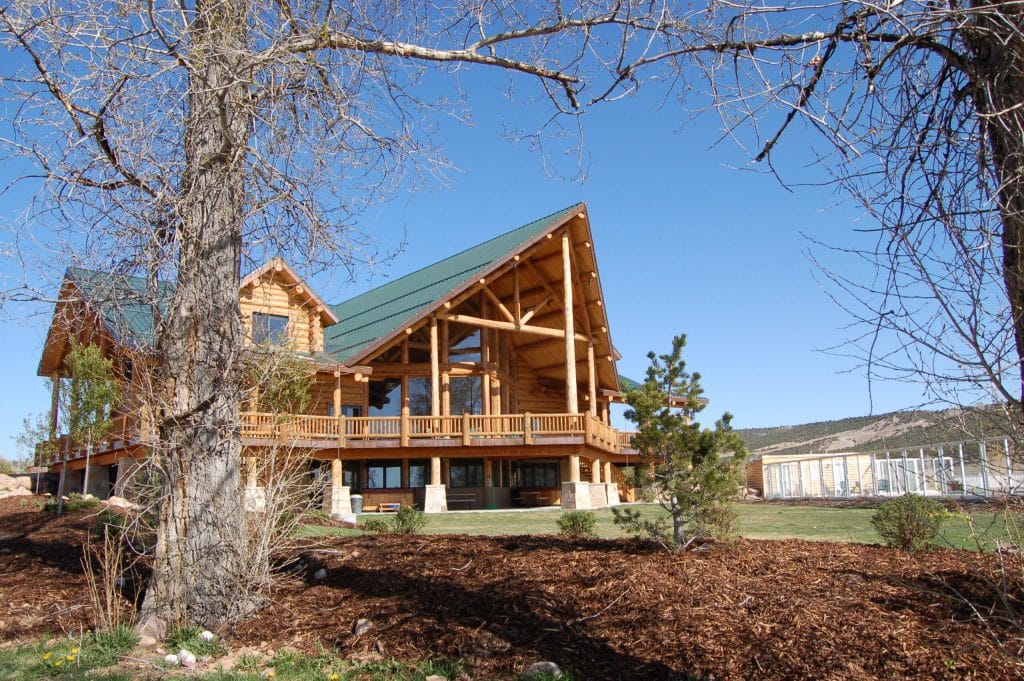
Their size and amenities make them attractive for those looking to host family gatherings or corporate retreats. Additionally, lodges often command premium rental rates due to their ability to host larger groups, making them a solid investment for buyers interested in generating substantial rental income.
6. Navigating Local Regulations and Taxes
Before purchasing real estate in the Smoky Mountains, it’s crucial to understand local regulations and taxes. Zoning laws vary depending on the county and municipality, so ensure the property complies with your intended use.
Vacation rentals, in particular, often require special permits. Additionally, property taxes differ based on location, but Tennessee boasts one of the lowest property tax rates in the nation. Be aware of lodging taxes if you’re renting out your property and seek guidance from a local real estate agent or attorney to navigate the regulatory landscape smoothly.
7. Financing and Insurance Considerations
 When buying real estate in the Smoky Mountains, you need to consider financing and insurance options carefully. Financing vacation homes or investment properties often requires a higher down payment compared to primary residences.
When buying real estate in the Smoky Mountains, you need to consider financing and insurance options carefully. Financing vacation homes or investment properties often requires a higher down payment compared to primary residences.
It’s advisable to shop around for lenders familiar with vacation rental financing. Insurance is another critical factor. Mountain properties can be at risk of wildfires and flooding, so comprehensive coverage, including hazard insurance, is essential. Work with an insurance agent who understands the unique needs of properties in the Smoky Mountains region.
8. Choosing the Right Location: Gatlinburg, Pigeon Forge, and Sevierville
Where you choose to buy real estate in the Smoky Mountains can significantly impact your investment.
Gatlinburg: Known as the “Gateway to the Smokies,” Gatlinburg attracts visitors with its charming downtown, the Gatlinburg SkyPark, and Ripley’s Aquarium of the Smokies. Log cabins and condos are popular here, catering to tourists who want a scenic, convenient base.
Pigeon Forge: Famous for Dollywood and other attractions, Pigeon Forge is bustling and family-friendly. Condos and lodges thrive here due to high tourist traffic and proximity to entertainment venues.
Sevierville: Offering a quieter alternative, Sevierville still provides plenty of attractions, including golf courses, shopping outlets, and the Smoky Mountain Deer Farm. Properties here tend to offer more privacy, making them ideal for peaceful retreats.
9. Tips for Maximizing Your Investment

Property Management: Hiring a professional property management company can help maximize rental income by marketing your property, handling reservations, and maintaining it.
Market Analysis: Conduct thorough market research to identify competitive rental rates and peak seasons.
Amenities: Upgrade your property with amenities like hot tubs, game rooms, or outdoor fire pits to enhance its appeal.
Maintenance: Regular maintenance is crucial, especially for vacation rentals. Keep the property in top condition to ensure positive reviews and repeat bookings.
Marketing: Use high-quality photos and compelling descriptions to attract potential renters. Leverage listing platforms, social media, and local tourism boards for maximum exposure.
Conclusion
Buying real estate in the Smoky Mountains offers a rewarding blend of natural beauty, investment potential, and vacation appeal. Whether you envision a rustic log cabin, a convenient condo, or a spacious lodge, there’s a property that matches your dreams and goals.
By understanding local regulations, financing requirements, and market trends, you can make a well-informed investment decision that pays dividends both financially and in terms of personal enjoyment. With the right approach, your Smoky Mountains retreat could become a profitable vacation rental or a cherished family haven for years to come.


